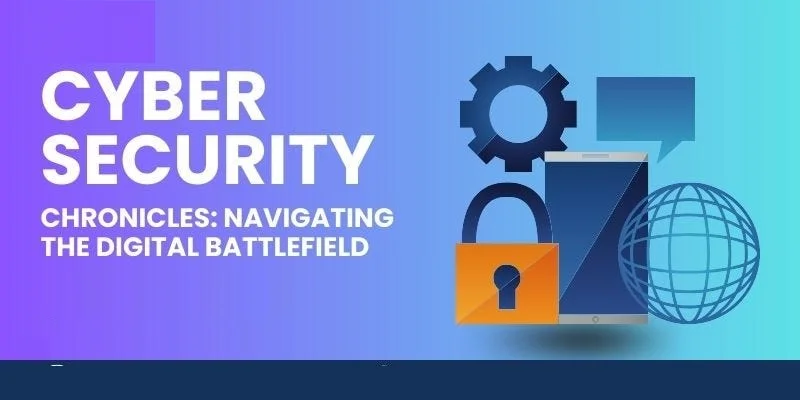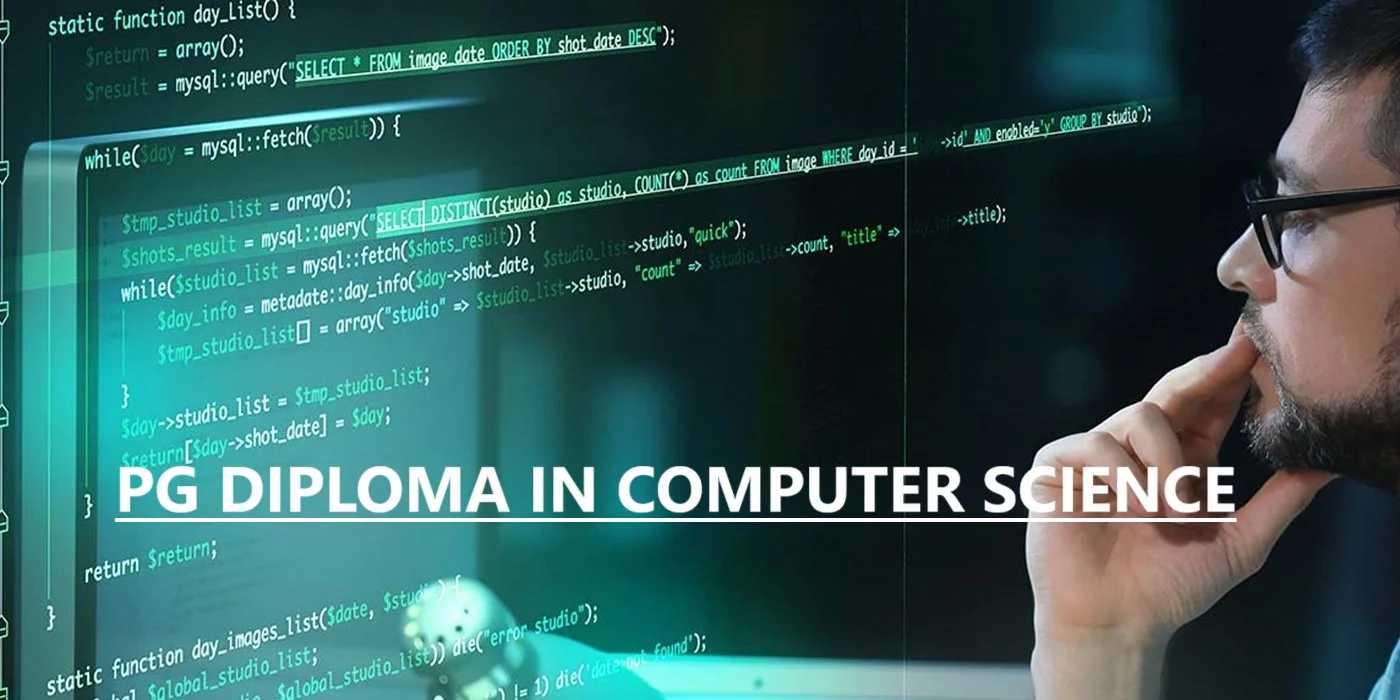Posted By: Vijay Verma
The snowballing of technological and internet adoption has given rise to burgeoning cases of data breaches, cyber security threats, and attacks. These mounting cases are bound to amplify further in terms of volume and complexity. Specialists with a master of science in cyber security are in high demand. There is a compelling need to update cyber security responses and preventions and make them evolve in their potential and functionality to keep pace with the ever-growing threats. In this blog today, let us explore the top trending practices that are changing the paradigm of security education and training programs like an MS in Data science.
Top Trends Impacting Master of Science in Cyber Security
Remote Working Culture
The world post-COVID pandemic has taken a massive shift towards remote or hybrid mode of work culture. This results in more cyber security risks. Human error is one of the biggest causal factors for cyber security incidents. A professional working from home is most likely to have a less secure internet connection and leave their systems unattended. Often human gullibility leads to getting fooled by a trusted colleague or someone they know. With remote work culture becoming more prevalent, hackers are ramping up their tactics. The rising trend of ransomware and phishing attacks is evidence of the increased sophistication. An MS in Cyber security will train professionals in these top trending security areas.
Vulnerability of the Internet of Things
Devices that are connected over the internet pose significant threats and risks for users. Smart devices and appliances like Google Assistant, smartwatches, smartphones, fitness watches, smart cameras, doorbell cameras, etc. all collect data. By 2026, there will be more than 64 billion installations of IoT devices and worldwide 3.74 billion IoT mobile connections, as predicted by Insider Intelligence. With the growing dependence on these technologies and the resultant improvement in the quality of life, there also emerged increased opportunities for cybercriminals to launch their target and attacks. IoT will continue to grow and thrive, with most of the devices performing on our behalf with increased interaction with virtual and physical worlds. This calls for cyber security practitioners to develop skills to measure up with this advanced growth.
Machine Learning
Machine Learning is an essential part of the modern-day technological world. It is now extensively trained in a Master of Science in Cyber security programs. Machine Learning has rendered cyber security simpler, more effective, and less expensive. Machine Learning involves developing patterns and manipulating massive amounts of data using algorithms to check cyberattacks and respond to such attacks in real time. The efficiency of the algorithm also depends on the quality of data, which is sourced from various places. The implementation of Machine learning is a trend that will continue to create a massive impact as it allows cyber security to analyze threat patterns and understand in-depth the behavior of cybercriminals. ML significantly helps in mitigating such attacks and reducing the time that professionals need to commit to performing their routine tasks.
Cloud Storage Security
Another trending technology is cloud computing which has enabled enterprises to store and access their data easily without the need for physical infrastructure. A Master of science in cyber security provides comprehensive training in cloud storage security as a core component of the training program. This trend will continue with more demands for professionals skilled in cloud technology as organizations continue to be heavily reliant on the cloud. There is also a growing need to secure cloud facilities and services from sophisticated cyber-attacks and other vulnerabilities.
Supply Chain Technology
Supply chain attack is another rising trend in the cyber security landscape. Often when a supply chain attack occurs, the product or service's integrity gets compromised, and it results in a devastating impact. When pursuing an MS in cybersecurity, professionals may expect to gain mastery in handling supply chains and protecting them against potential attacks.
Targeted Ransomware Attacks
With the increasing need for organizations to remain vigilant against ransomware threats, professionals must be well-trained through an advanced degree like an MS in Cyber Security. Targeted ransomware attacks lead to devastating impacts for enterprises that are reliant on software systems.
Implementing Automation for Improved CyberSecurity
The continuous proliferation of data requires streamlining and effective management. Automation has come to play a pivotal role and enabling organizations to handle massive workloads, and quick and effective responses to emerging threats. By embracing automation and implementing robust security measures, organizations can ensure stronger security for software solutions and applications.
Those are the top cyber security trends that cyber security professionals must be aware of and be ready to deal with. Learning advanced skills through an MS in Cyber Security is the ideal way to be prepared.




